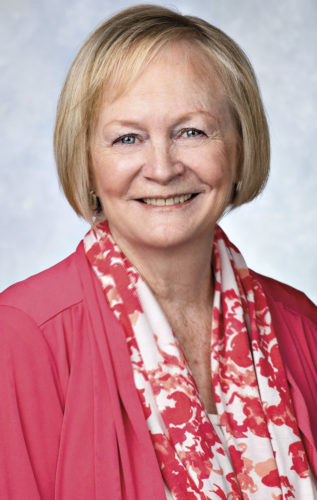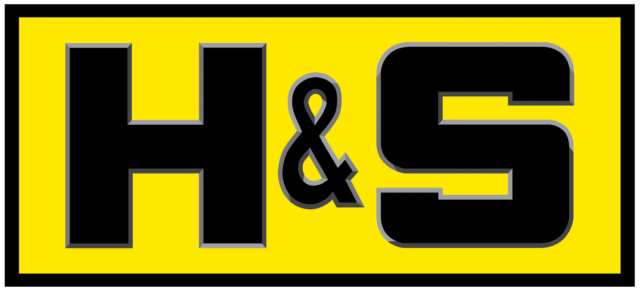I lost the hunt this morning but, dagnabbit, my arsenal of traps and bait will win in the end. What I need is a longer club. But I digress.
By noon, I was a committee member – a hungry one.
By evening, I was driving a shuttle of grade-school boys headed to basketball practices. Then I was a buyer of root beer floats because we all deserved a treat after two hours of loose balls and shouting parents.
The week before, I was a trade show troll at the National Cattlemen’s Beef Association convention and laugher at the stage costumes in the country music hall of fame.
Some days I’m a writer, some days an information manager, some days just an office chair warmer. But that’s not how I define myself. Those are just things I do.
Activity is easy to confuse with identity. I was interested in a comment a speaker at NCBA made, when he said his adventure climbing Mount Everest “defined” a man. Hmm, really? Is that what we’re using these days to measure or define men?
Let’s see if I’ve got this right, then – by those terms, defining men would include money to employ several sherpas, refined (and no doubt expensive) technology in climbing and breathing gear at extreme heights and taking three months out of your life for glory and punishment? See, I think those are things we do, but that’s not how I define manhood – not even close. Mt. Everest isn’t a measuring tool I’d use.
It’s important to get measuring tools right. And in order to do that, we have to get definitions right. How do you define your industry? If we look at what may happen in the agricultural industry this year, we’ll see a lot of turmoil, I think. One of many class-action suits against Syngenta over the release of genetically engineered corn will come to trial in 2017.
We just survived one election campaign headache only to head into a new political migraine during farm bill negotiations. We’ll debate pros and cons of new trade agreements. We’ll grudgingly adjust to the fact that consumers are driving more on-farm changes than regulators. We’ll cautiously watch a new ag secretary and a new administration.
These are all interesting issues that I’m sure we’ll be watching closely throughout the year, but they don’t necessarily define agriculture. These are activities within agriculture and outgrowths of it, but they don’t define it or measure it.
They’re like tornadoes, in that sense. Tornadoes are frightening, devastating, captivating – but they don’t constitute climate.
So how do we define agriculture? I’m not sure how to define it. Is it a lifestyle? Is it a job? Is it a heritage? Whatever it is, it bears defining because if we don’t define it, we’re probably using the wrong measuring stick to gauge its success.
If agriculture is a lifestyle, then how shall we measure our success or failure? We could use farm succession, I suppose. If it’s a great lifestyle and we excel at that, then everyone should want to do it, and all children should return to the farm.
Or maybe we should use stress as a measuring stick to determine if the “lifestyle” is agreeable, calming and fulfilling. If that’s true, then farmers should have fewer heart attacks and lower blood pressure than other groups.
If agriculture is a job, then the typical job measuring sticks should apply – advancement opportunity, vacation, salary and retirement benefits should stack up against other jobs. How’s that working out for you?
If agriculture is a heritage, is it a good one or a bad one? The heritage sword “cuts both ways.” Societies have heritage, for instance. Some have a heritage of war and intolerance. Some have a heritage of honor, courage or diplomacy. Some have a heritage of tyranny.
What is the heritage of agriculture? Survival? Service? Exploitation? Or stewardship, perhaps? What yardstick shall we use: bushels per acre? Carbon sequestration? Organic matter levels? Number of people we employ?
An interesting point was made in the committee meeting I attended at noon. The comment was, “Are we successful? Or are we the best?” There’s a very tangible difference in those two – being successful or being the best – and each would require a different measuring stick. You can be successful without being the best. You can even be the best without being successful; it happens all the time.
But you, as a businessman in agriculture, need to define your business as well as your industry. Firmly plant the definition in your head; only then will you know what measuring stick to use.
Don’t follow my example. I’m going to use my literal measuring stick in creative, clubbing ways; I have a date with a mouse. ![]()

-
Lynn Jaynes
- Editor
- Progressive Dairyman
- Email Lynn Jaynes









